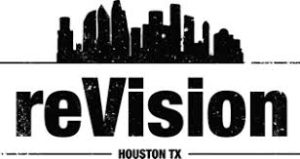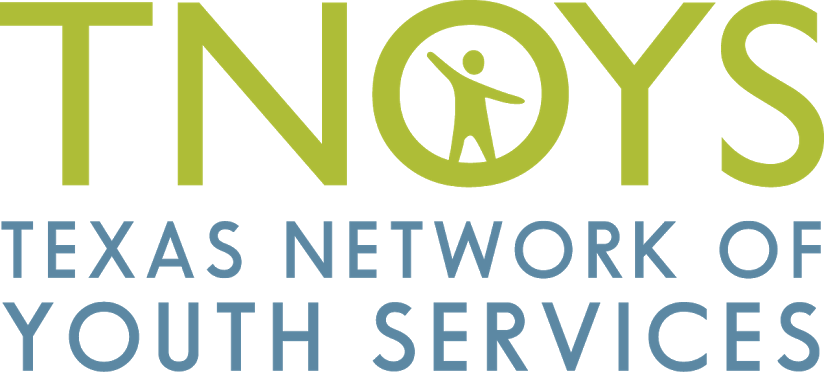 At TNOYS, we believe that effective youth-adult partnerships are key to helping Texas’ youth achieve healthy development. This ethos is also at the heart of TNOYS member Houston: reVision, an organization that connects kids on the edge with mentors, positive peers, and life-changing resources.
At TNOYS, we believe that effective youth-adult partnerships are key to helping Texas’ youth achieve healthy development. This ethos is also at the heart of TNOYS member Houston: reVision, an organization that connects kids on the edge with mentors, positive peers, and life-changing resources.
reVision builds “communities of kinship” for youth who fall anywhere along the school-to-prison pipeline, including youth who are at risk of gang activity, those disconnected from community support, and those in the prison system. At the heart of these communities are reVision’s 450 volunteer mentors, who are all paired with a young person in need of support.
At reVision, the goal of mentorship is not to engineer different behavior among young people. Instead, reVision’s mentors have no other agenda than to show up in compassion, pay attention without distraction, and listen without judgment. As reVision’s CEO, Charles Rotramel, explained, mentorship not only builds a multi-generational support system for youth, it also seeds a different view of young people among adults. As Charles noted,
“Our kids are the ones who are easily forgotten: they’re easily labeled and thrown away. The antidote to that is getting adults to know their names, to care about them, to know their situations…that changes the worldview of adults, which changes the world in our estimation.”
Prior to the COVID-19 pandemic, reVision hosted weekly gatherings where youth would come together to explore creative projects such as graffiti arts, poetry, and dance, and enjoy a meal with mentors and peers. CommUnity Night, their flagship gathering, predates reVision and was built around hip-hop dance and break dancing culture. Each Thursday night gathering would start out with an open practice session and culminate in an energetic all-styles battle. ReVision found that the focus on artistic practice kept youth coming back, and gave them a positive outlet. As Charles explained,
“Over a long period of time, we have seen {CommUnity Night} transform young people because it gives them something to master. That’s time that they’re not spending doing something negative. It’s really hard to spend so much time doing this type of dance and be involved in drugs, criminal activity, etc.”
reVision conducts a similar program for youth who have been certified to stand trial as an adult and are currently serving an adult prison sentence in the Texas Department of Criminal Justice (TDCJ). These youth are also matched with mentors and get to enjoy a monthly gathering of their own called “First Friday”. Similar to their gatherings in churches, reVision volunteers gather with these youth over a meal and connect with them through art, music, and dance projects.
Shifting Focus During COVID-19
Although reVision has paused in-person programming, they have significantly ramped up youth outreach efforts since TNOYS last wrote about reVision in early March.
reVision’s team of volunteers are now checking in with over 100 young people twice per day: once by phone and once in-person. On reVision’s daily “lunch routes,” volunteers drop off a hot meal with each youth, check in, and conduct case management and therapy sessions while maintaining social distance. For TDCJ-involved youth, reVision is continuing a version of “First Friday” in which they send in food and an art activity. As always, volunteers continue to write and respond to letters from these youth— a support system that is now more crucial than ever.
One silver lining is that the pandemic has opened up new opportunities for reVision to work with youth who are exiting both juvenile and adult correctional facilities. reVision is working hard to make sure that youth who are released from jails are put on the volunteer check-in routes, and they’ve even worked with the Harris County Judge’s office and Harris County Juvenile Probation to secure the release of more than 40 kids from juvenile facilities. As Charles explained, they are witnessing first hand how such a support system can have a big impact:
“Only two of those kids (released from juvenile facilities) have gotten re-arrested since we started putting them on our routes. We didn’t intend to, but we’ve created a new model for the juvenile justice system in Harris County. It’s really exciting”.
